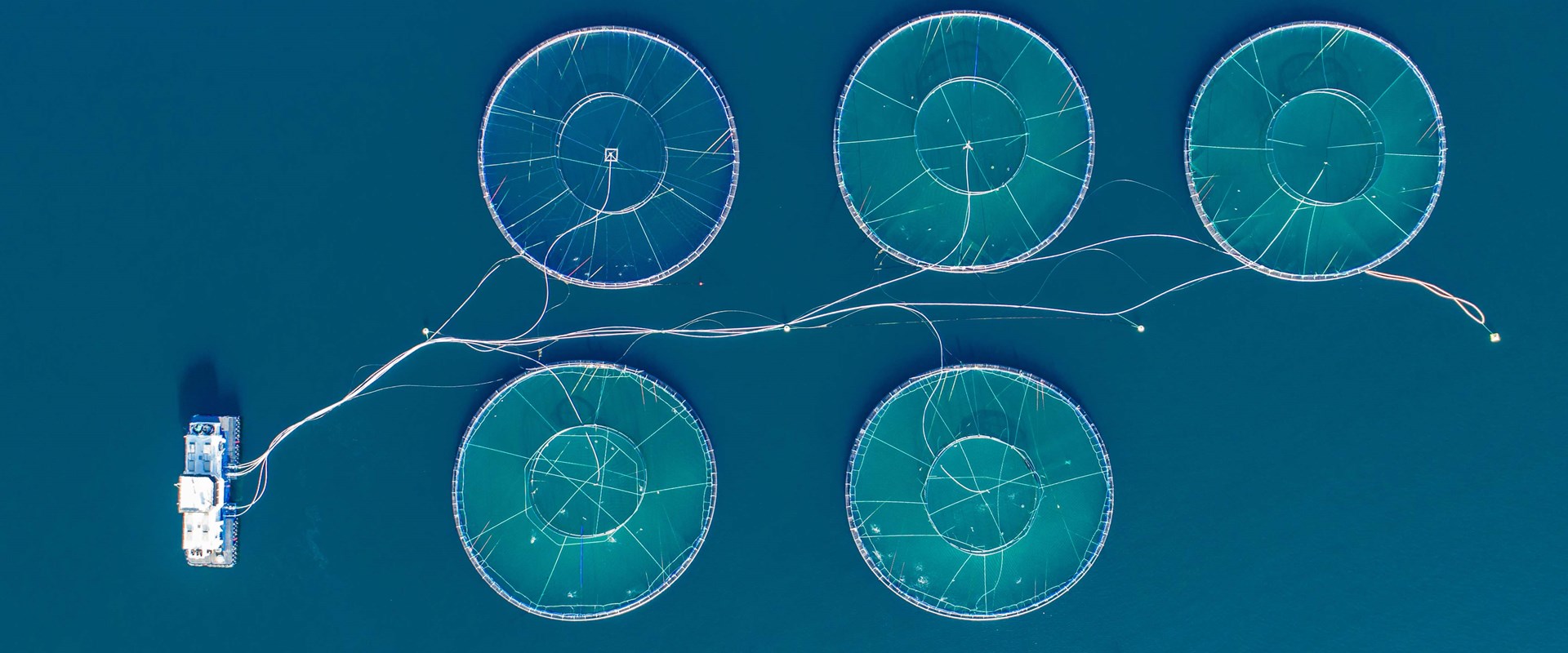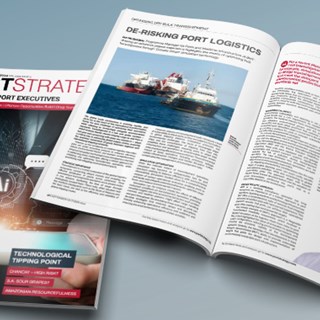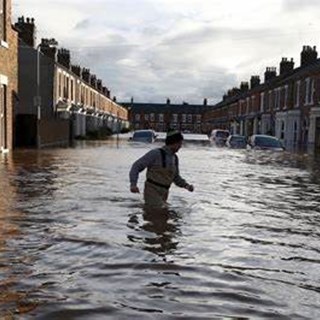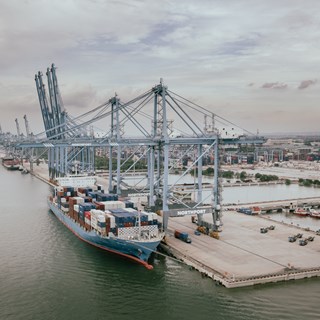With the World’s third largest Exclusive Economic Zone and New Zealand, Australia has enormous potential to use its oceans sustainably to increase seafood and renewable energy production.
Realising this potential requires moving aquaculture and renewable energy systems offshore into high-quality but remote and more exposed high-energy operating environments, which involves the development of new, more robust structures, technologies and production systems that require less maintenance with increased autonomation.
They will need to withstand both regular and extreme weather events while being safely and economically managed. Consequently, these Blue Economy industries of the future will require a new and highly skilled workforce.
The drive to increase ocean energy and aquaculture is an international phenomenon and significant effort is being made by researchers and industry across the globe to develop multiple use platforms. The BE CRC is one of several entities who are working in this space and is supporting sharing of knowledge as well as building it.
We are a highly active member of the 10-year funded BE CRC.
The BE CRC is the largest ever funded in Australia and brings together the research capacity of several universities, government organisations and many private sector partners to address the challenge of ocean energy and
aquaculture and explore the potential for multiple use platforms in the deep ocean. There are 40 partners in the BE CRC from 10 countries. The BE CRC has five research programs which are:
- Offshore engineering and technology
- Seafood and marine products
- Offshore renewable energy systems
- Sustainable ecosystems and environments
- Sustainable offshore developments
The BE CRC model focuses on industry needs. Much work is done to ensure that industry partners are thoroughly engaged in driving, leading, and participating in research projects, student supervision, and the BE CRC’s operation.
Our involvement has been substantial, and the BE CRC and its partners recognise the organisation as a critical component of its success to date. Our work with the BE CRC has been a conduit for interaction and integration across the business globally.
The diverse skills and expertise of our staff enables us to participate in all the research programs of the BE CRC.
Our involvement to date includes:
- Supporting ocean energy research through emerging policy and regulation, design, planning
and implementation, risk, and environmental impact assessments, understanding markets, and building social licences.
- I am building the green hydrogen economy, associated policy and regulation, development of standards, hydrogen vessels, and developing microgrids.
- Aquaculture, overcoming challenges with relocating aquaculture into deep water, supporting monitoring and management, and identifying new opportunities in the sector.
- Policy and regulation related to the development and use of mixed platforms in the deep ocean, risk, and environmental assessment, overcoming the challenges of working and operating in a harsh deep ocean environment.
Involvement in the BE CRC is helping to build awareness in the offshore renewable sector in Australia and beyond. Through leading and participating in projects, staff are building capacity and reputation. We are building relationships with users and providers, which will ultimately support access and positively impact this emerging sector.
A key project is currently underway in Albany, Western Australia where we are heavily involved in a consortium designing and implementing a wave energy device. Our expertise in the project includes environmental and approval staff, coastal engineering, naval architecture and design and project and risk management. A flow-off project together with the Australian Ocean Energy Group, which will investigate markets and renewable energy at the site, is in preparation.




